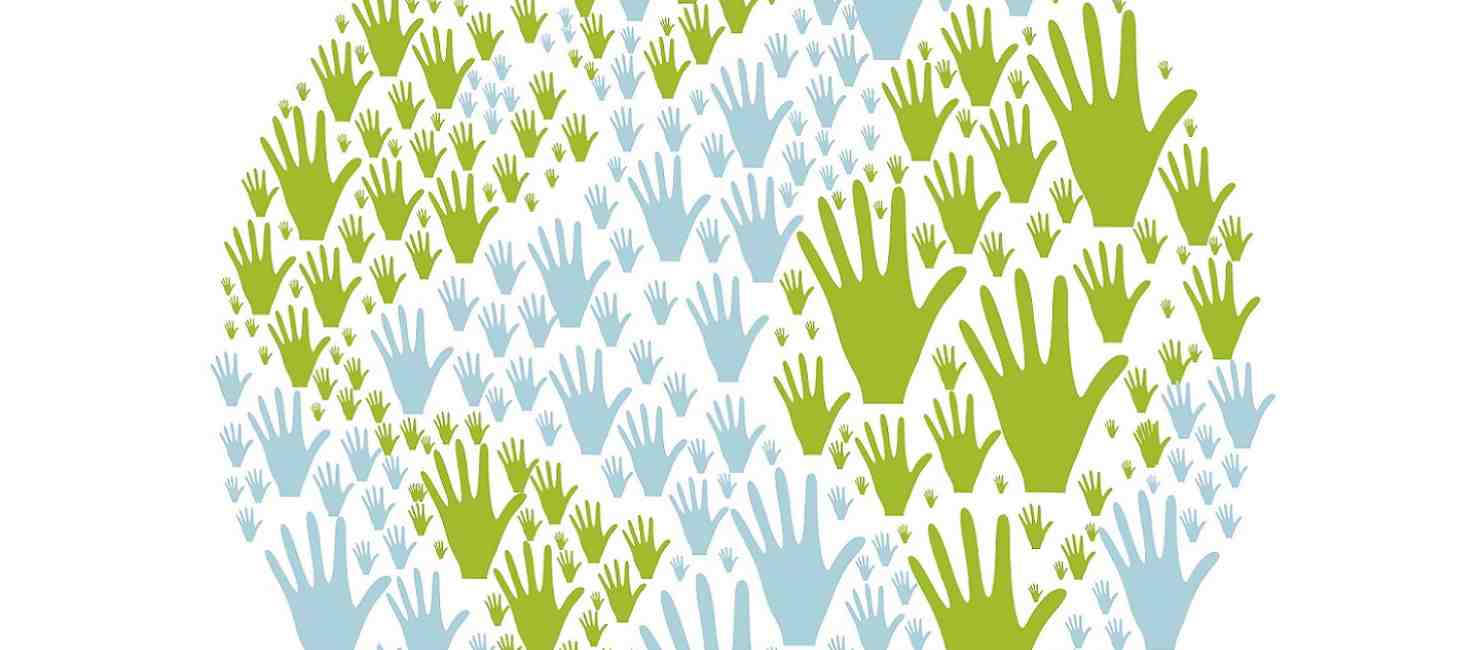What makes a person offend for the first time?
Dear Stop It Now!,
I am doing personal research and was wondering if there are any statistics on what triggers a person to abuse for the first time? Especially if the person is an adult who has never offended before and the victim is a child?

Dear Concerned Bystander,
Thank you so much for reaching out - these are really great questions. I am hoping to provide some information and resources below that might be helpful to you.
No Such Thing as a Typical Offender
There are many reasons why an adult may sexually abuse a child, and there is no typical pathway to someone becoming a sexually abusive adult. Some identify a sexual attraction to children, some may not understand social cues or safe and appropriate boundaries with children, while others may have experienced sexual abuse themselves which has influenced their behavior, among other reasons. Our pages about Why Would An Adult Abuse A Child and What Puts Someone At-Risk to Sexually Abuse Children offer some additional insight.
Thoughts Can Come First
We have heard from adults who have sexually abused a child, and they have shared that sometimes the disturbing and intrusive thoughts came first. Not every person who has sexual thoughts and fantasies about children will go on to sexually harm them, but it is one of the warning signs that we talk about for someone who may be at-risk to abuse. It's possible that an adult could have been having these thoughts and fantasies for some time before they acted on them. They may have also sexually harmed in other ways, such as viewing Child Sexual Abuse Material (CSAM) which some adults may justify as being ok because it is not harming a "real child." In some cases this could desensitize a person to appropriate boundaries with children, or even lead them to behave inappropriately with a child in the future.
Identifying Warning Signs
It may even be that an adult has displayed some of these Behaviors to Watch Out for When Adults are with Children and these Signs An Adult Is At-Risk To Harm A Child but either no one around them recognized them as warning signs, or didn't feel able or comfortable to speak up about what they were seeing. Sometimes an adult will intentionally cross boundaries with a child in front of caregivers or with a parent’s permission to see if the adults in the child’s life will speak up on their behalf. If the adults permit these behaviors, it is more likely for them to continue, and for the adult at-risk to further cross the line. They may even begin to feel as though they are 'getting away' with it which can lead them to continue or escalate the unsafe behavior.
Situational Crime Prevention
It's also important to take into account Situational Crime Prevention and how this theory can help us to understand what heightens the risk for child sexual abuse, and as a result how we can prevent it before harm happens. Essentially, this theory states that 4 basic elements need to be present, and when these 4 factors intersect the likelihood of child sexual abuse occurring increases. These factors include 1) an adult/child who has potential to abuse, 2) a vulnerable child, 3) a vulnerable environment (one without safety planning, poor supervision, etc) and 4) the opportunity for a person to offend. So, an adult might be struggling with their interests, have regular contact with a child, are in a place where there are limited protective features, and this person is responsible for watching this child one on one. When all of these dynamics converge, this can create a very risky scenario.
Learn More
I'm including several resources below for adults who have sexually abused that may have some additional research and information you'd find interesting. Here you can find articles, blogs, FAQ's and scholarly research about why a person may sexually harm or abuse a child.
- B4U-ACT - Research
- ATSA (Association for the Treatment of Sexual Abusers)
- Virtuous Pedophiles - Resources
Getting Help
Many adults who are struggling with concerning thoughts or behaviors towards children do want help but don’t know where to turn, or they don't know How to Ask for Help because this can be such a difficult conversation to approach with others. But there is help and support available through specialized resources, such as sex-specific therapy and online group support. Not every therapist has the experience and knowledge to help someone with these concerns, and so we talk to folks about finding someone who specializes in working with Adults Concerned About Their Own Thoughts, Feelings and Behaviors, such as through ATSA linked above. Having a safe, non-judgemental and safe place to be able to work through these thoughts and behaviors can help an adult to create plans for safety in the future. We sometimes talk to people about the Advantages of Coming Forward about their abusive behavior as a way to get access to the help they need. This can be a great way for an adult to take accountability and make a commitment to children's safety in the future.
Stories of Hope
You might enjoy reading through some of our moving Stories of Hope, like Edward's Story or Jim's Story. Wayne's Story of Recovery is equally as powerful. Wayne sexually abused children – a place that people often think is beyond help or hope – but through treatment he has made a powerful commitment to never harming a child again, and he is currently living an abuse-free life - something achivable with support and a plan in place. Wayne Bowers is now the director of CURE/SORT, an organization dedicated to educating those at-risk, as well as people who have offended, about the benefits of sex offender treatment.
Take care,
Stop It Now!
Feedback:
Please share your feedback on this question
Last edited on: November 4th, 2021

